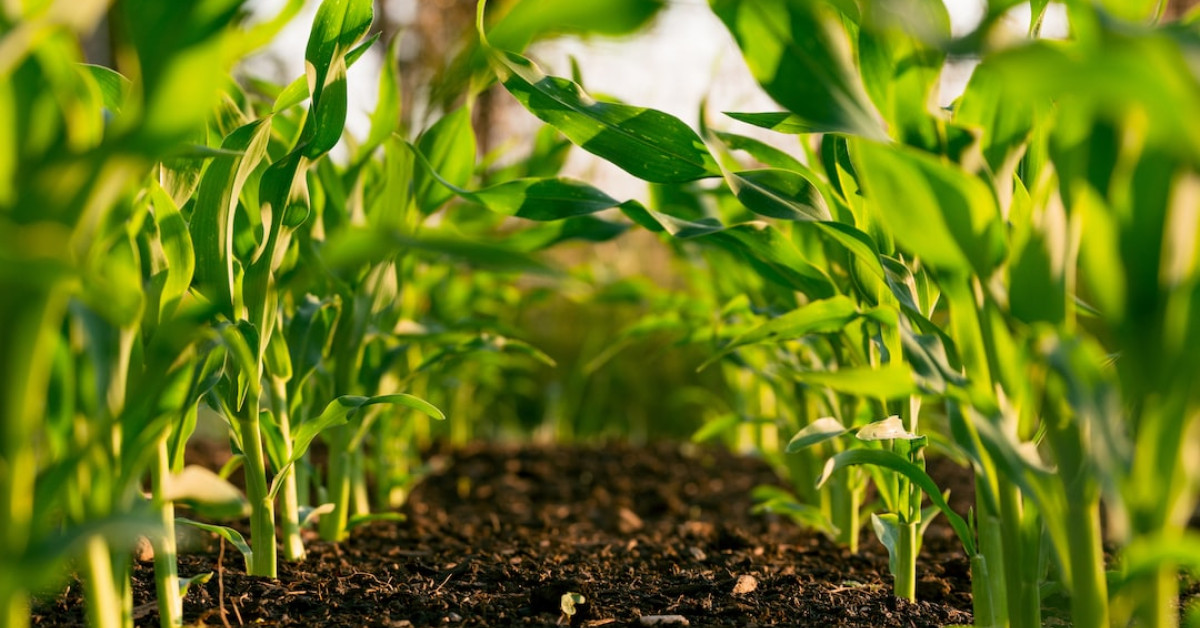Sustainable agriculture is revolutionizing the food industry, providing a pathway towards a more environmentally friendly and socially responsible approach to farming. In this article, we will explore the concept of sustainable agriculture and its impact on the food industry. From reducing the carbon footprint to promoting biodiversity, sustainable agriculture presents an alternative to conventional farming practices. We will delve into the benefits of sustainable agriculture and how it is reshaping the way we produce and consume food.
Understanding Sustainable Agriculture
What is Sustainable Agriculture?
Sustainable agriculture can be defined as a method of farming that aims to meet the present food needs without compromising the ability of future generations to meet their own needs. It encompasses practices that strive for environmental, social, and economic sustainability in food production.
Key Principles of Sustainable Agriculture
-
Soil Health: Sustainable agriculture places a strong emphasis on maintaining and improving soil health. Practices such as crop rotation, cover cropping, and organic matter addition help build soil fertility, promote nutrient cycling, and reduce soil erosion.
-
Water Conservation: Sustainable farming practices focus on efficient water management. Strategies like drip irrigation, rainwater harvesting, and precision agriculture help minimize water wastage and optimize water usage in crop production.
-
Biodiversity: Sustainable agriculture encourages the preservation of biodiversity. Planting diverse crops, establishing hedgerows, and creating wildlife habitats promote ecological balance and enhance pest control.
-
Climate Resilience: Sustainable farming aims to adapt to and mitigate the effects of climate change. It involves implementing strategies like agroforestry, conservation tillage, and integrated pest management to build resilience in the face of changing climatic conditions.
-
Social Responsibility: Sustainable agriculture upholds social equity by ensuring fair labor practices, promoting gender equality, and fostering community engagement. It also emphasizes providing access to nutritious and affordable food to all segments of society.
The Evolution of Sustainable Agriculture
Sustainable agriculture is not a new concept; rather, it has evolved over time in response to the negative impacts of conventional farming practices. The recognition of the environmental, social, and economic drawbacks of chemical-intensive agriculture has paved the way for the adoption of more sustainable approaches eric forrester last episode the bold and the beautiful.
Early initiatives towards sustainable agriculture can be traced back to the organic farming movement in the early 20th century. The use of natural fertilizers, crop rotations, and integrated pest management techniques were promoted as alternatives to synthetic inputs.
In recent decades, the concept of sustainability has gained further traction, leading to the development of various frameworks and certification programs. Organizations like the United Nations Food and Agriculture Organization (FAO) and the Sustainable Agriculture Network (SAN) have played significant roles in shaping the discourse around sustainable agriculture.
The Impact of Sustainable Agriculture on the Food Industry
Environmental Benefits
Sustainable agriculture offers several environmental benefits that make it an attractive alternative to conventional farming practices.
-
Reduced Carbon Footprint: Sustainable agriculture practices contribute to mitigating climate change by reducing greenhouse gas emissions. Practices like cover cropping and agroforestry sequester carbon dioxide from the atmosphere, offsetting emissions from agricultural activities.
-
Conservation of Resources: By prioritizing efficient resource management, sustainable agriculture helps conserve resources like water and energy. Reduced chemical inputs also decrease the overall energy consumption and pollution associated with farming.
-
Protection of Biodiversity: Sustainable farming practices provide habitat for wildlife and endangered species, promoting biodiversity conservation. The preservation of natural ecosystems enhances pollination, pest control, and ecosystem resiliency.
Social and Economic Benefits
Sustainable agriculture not only puts emphasis on environmental stewardship but also offers social and economic advantages.
-
Enhanced Rural Livelihoods: Sustainable farming practices create opportunities for rural communities by providing employment and fostering economic stability. Diversification of crops and value-added products can boost local economies and reduce dependence on a single commodity.
-
Improved Food Security: By adopting sustainable practices, farms can increase their resilience to climate change and other socioeconomic shocks. This, in turn, helps enhance food security by ensuring a stable and diverse food supply.
-
Better Health Outcomes: Sustainable agriculture reduces the use of synthetic pesticides and promotes organic farming practices, resulting in healthier food options for consumers. It also promotes access to nutritious food for marginalized communities, helping combat malnutrition and food-related health issues.
Sustainable Agriculture in Practice
Several farming practices and techniques are employed in sustainable agriculture.
-
Organic Farming: Organic farming is a prime example of sustainable agriculture. It eliminates the use of synthetic fertilizers, pesticides, and genetically modified organisms (GMOs). Instead, natural fertilizers, crop rotations, and biological pest control methods are used.
-
Agroecology: Agroecology focuses on the ecological principles applied to agricultural systems. It seeks to optimize interactions between plants, animals, and the environment to enhance productivity and sustainability. Agroforestry, permaculture, and regenerative farming are examples of agroecological approaches.
-
Precision Agriculture: Precision agriculture utilizes technology and data-driven approaches to optimize farm management. By using sensors, GPS systems, and satellite imagery, farmers can precisely apply inputs like water, fertilizers, and pesticides, minimizing waste and improving efficiency.
-
Vertical Farming: Vertical farming involves growing crops in vertically stacked layers, often indoors or in controlled environments. It maximizes land-use efficiency, reduces water consumption, and minimizes the need for pesticides and herbicides.
-
Aquaponics: Aquaponics combines aquaculture (fish farming) and hydroponics (growing plants in water) in a symbiotic system. Fish waste provides nutrients for plants, while the plants filter the water for the fish. This closed-loop system reduces water usage and eliminates the need for synthetic fertilizers.
Conclusion
Sustainable agriculture is transforming the food industry by offering a more environmentally conscious and socially responsible approach to farming. Through practices that prioritize soil health, water conservation, biodiversity, climate resilience, and social responsibility, sustainable agriculture aims to create a resilient and equitable food system. The adoption of sustainable farming practices has numerous benefits, including reduced carbon footprints, enhanced biodiversity, improved rural livelihoods, and better health outcomes. As consumers become more conscious of the environmental and social implications of their choices, sustainable agriculture is poised to play a crucial role in reshaping the future of the food industry.










